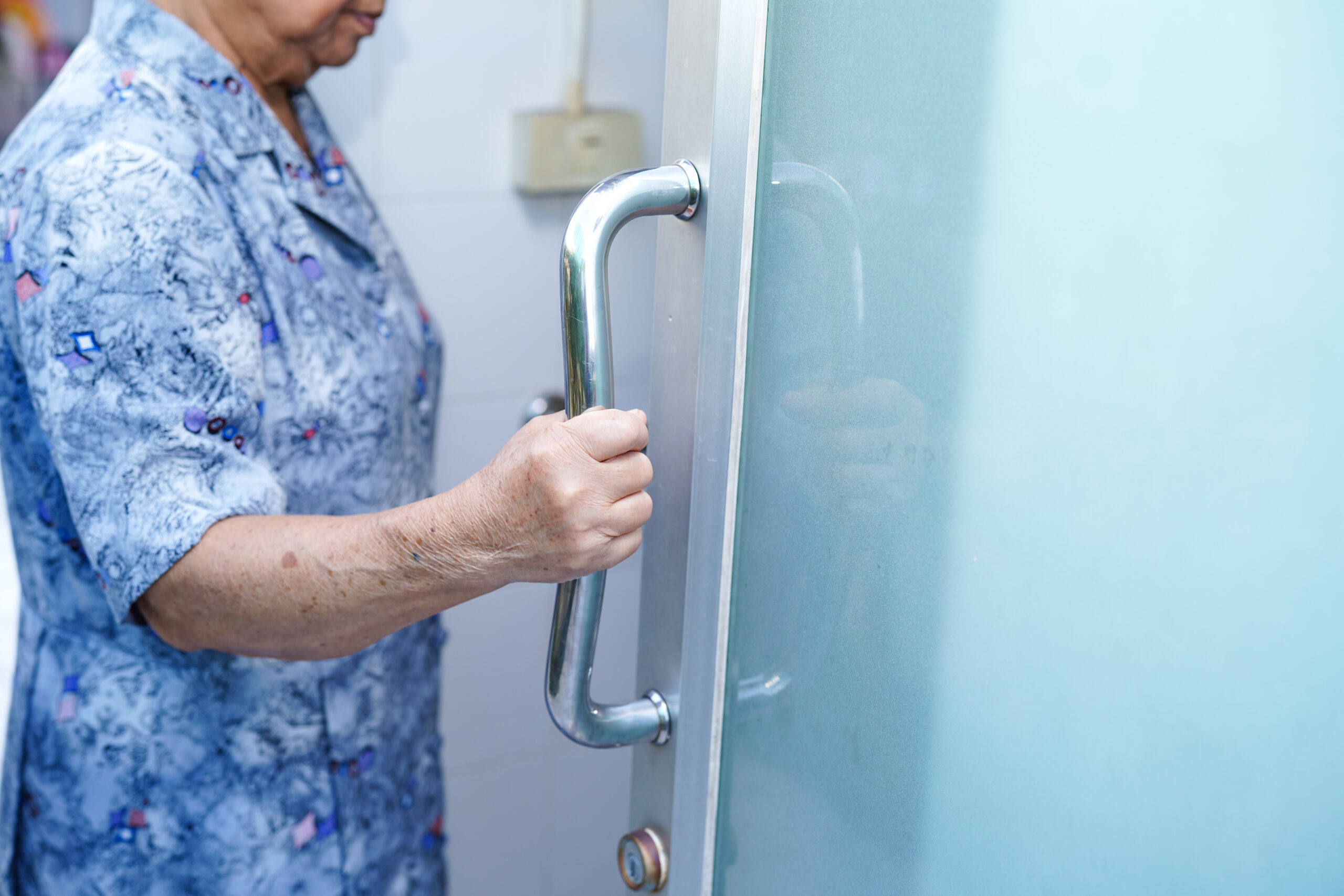Scientists Uncover the Truth About Smart Home Gadgets
Scientists have recently taken a closer look at smart home gadgets to uncover some important truths about how they work and the risks they might bring. These devices, like smart cameras, door locks, and sensors, are designed to make our lives easier by automating tasks and keeping us connected. But behind the convenience lies a complex world of technology that isn’t always as secure as we might hope.
One big issue is security. Many smart home devices come with very little built-in protection against hackers. This means if someone with bad intentions finds a way in, they could potentially control your devices or access your personal information without you even knowing it. The problem is made worse because many gadgets don’t get regular software updates that fix security holes. Without these updates, vulnerabilities remain open for attackers to exploit.
Experts recommend choosing smart home products from well-known brands because these companies tend to provide frequent updates and better support. It’s also important to keep your router and computer software up-to-date since these are key parts of your home network that connect all your devices together. If one part gets hacked, it can be an entry point for others.
Another concern scientists highlight is how data from these gadgets is stored and handled. Many devices send information like video footage or sensor readings to cloud servers over the internet for storage or processing. While this makes accessing data easy from anywhere, it also creates risks if those cloud servers are breached by cybercriminals.
To reduce this risk, some newer smart home systems offer local storage options such as SD cards or USB drives where you can keep recordings offline under your control instead of relying solely on the cloud. Additionally, encryption methods help protect data during transmission so outsiders cannot easily intercept sensitive information.
Despite these challenges, research shows that smart homes are evolving beyond just convenience tools—they’re becoming platforms for managing safety risks more effectively too. For example, integrated systems can monitor energy use more efficiently or alert homeowners quickly about potential hazards like fires or break-ins.
In short, while smart home gadgets bring exciting benefits into our daily lives through automation and connectivity, scientists warn users must stay aware of their limitations—especially around security—and take steps like updating software regularly and choosing trusted brands carefully to keep their homes safe in this increasingly digital age.





